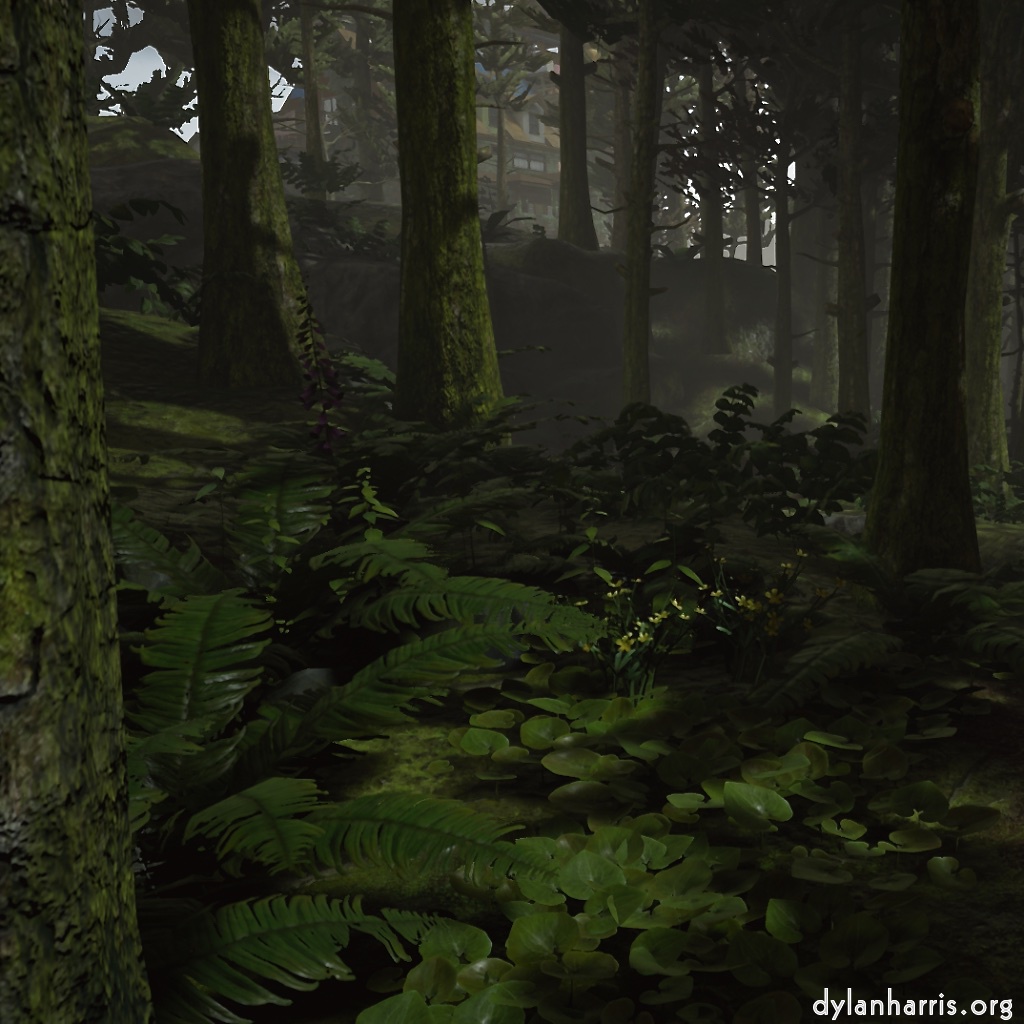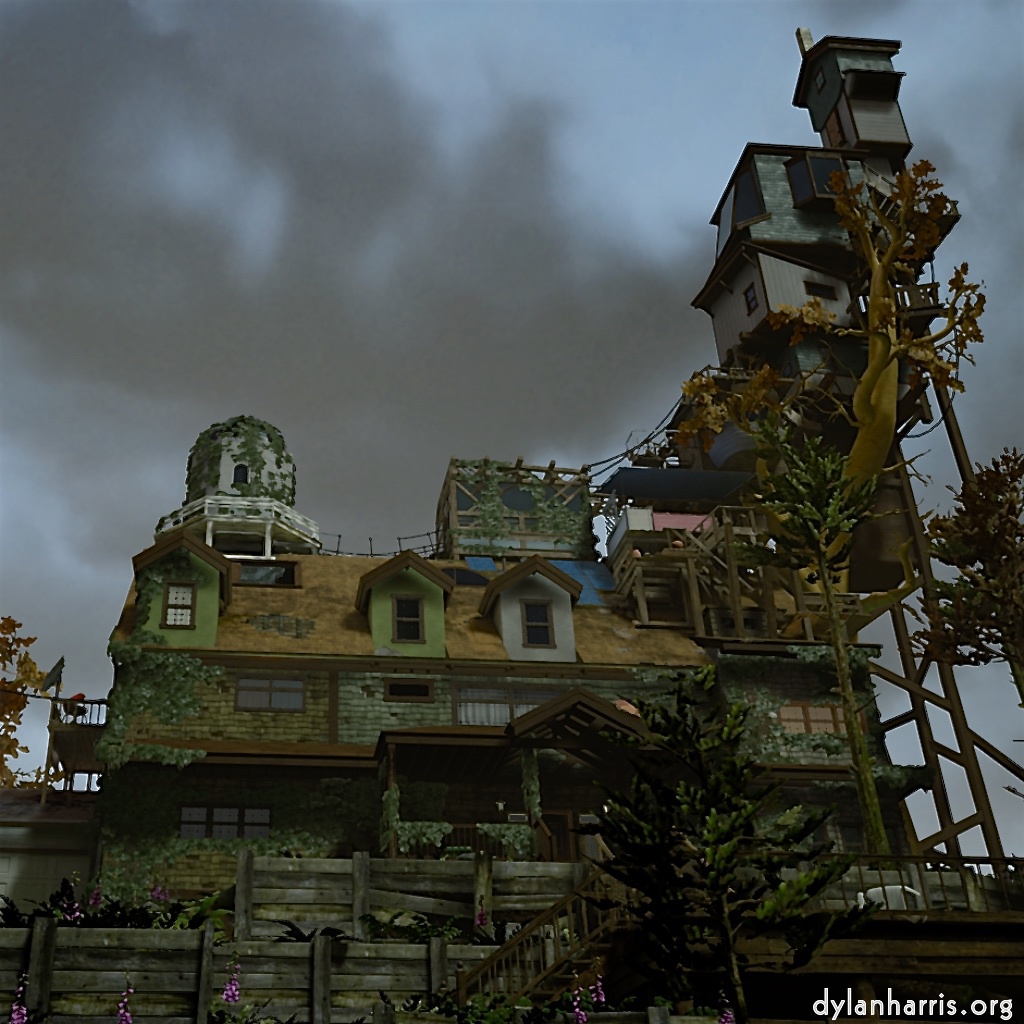what remains of edith finch
Bah! Three new computer games played, all three with depressing endings.
Oh, I’d better warn you now that this review is spoilerific.

Years ago, when I played games, you’d die in the game if you were no good, but if you managed to get through to the end, you’d live! It seems that deal with death has been abandoned. In the last three games I played, when I successfully got to the end of three games, my character:
- died;
- was reincarnated to do the same again, lived but everyone else died, or was put down;
- died, passively killed and died, or passively killed and ran away to death;
- died.
I get the bit about challenging convention, but, please, a challenge that involves no death is less depressing that a challenge that is not so much defeating death as running headlong into it. Ok, I’ll admit the publicity for What Remains of Edith Finch made it clear she was investigating her family’s doom, so it was a bit of a giveaway that death and depression would feature heavily in the game.
Mind you, it’s a sodding good game. It’s a narrative, like homesick, like dear esther, but a lot more complex, and a lot richer, too. It’s no wonder it’s won a number of game of the year accolades. You play 17 year old Edith Finch, who’s come back to her ancestral family home to discover why her family is cursed, and what happened to her cursed relatives. Her mother took her away when she was eleven, but her mother has subsequently died. Now Edith has returned to her ancestral home, and is exploring the locked rooms in the house, rooms belonging to dead relatives, to work out what happened to whom and why.
A lot of the game is playing the death scenes of the victims, and a rich and varied set of deaths they are too. There is some beautiful animation of the various vicious experiences, making this very morbid theme almost attractive. Many are games in themselves. You play and will, in the end, see all the deadly stories.
But the game is far richer than this simple summary suggests, and far richer if you care to play to enjoy and appreciate the details. There’s a great deal of subtlety waiting for the player who revisits the story.

I, of course, am impatient and lazy, so I saw these details but didn’t note them. But I did mark some odd and unusual things which, it is clear from other parts of the story, cannot have been added by accident or fief. A landslide that destroyed a railway will surely have been mentioned, if only in hints.
I can’t resist giving my own rather silly analysis of what was going on. Most people in the family died of carelessness, whether children because of their careless parents, adults through their own carelessness, or through the carelessness of others. Family members did not see the consequences of their actions (or inactions). The family curse was self–induced irresponsibility. I would have been aghast had a real mother left her baby unmonitored in the bath to answer the telephone, twice; that a father would allow his son to play with a kite during a vicious thunderstorm; that someone living under the house for thirty years didn’t know there was a railway tunnel right next to him.
And there we come to more interesting questions: why could a family of neglect not work out the reason why everyone died was through their own or someone else’s neglect? But then, why do so many people in real life act against their own best interest? Perhaps they can’t see the wood for the trees, or they’ve got in the habit of doing so, or, as I think applies to the game family, they’re bought up to do so. Your childhood never escapes you. Which suddenly makes the ending, in which the lead character, the last family member bought up in the family culture, dies in childbirth, rather significant.
This is a very beautiful parable on look before you leap. It’s probably a lot more than that, and it’s certainly worth a second look, especially to revisit the beautiful visuals. But I so wish for a game without a depressing ending, so I might wait before I come back to it.